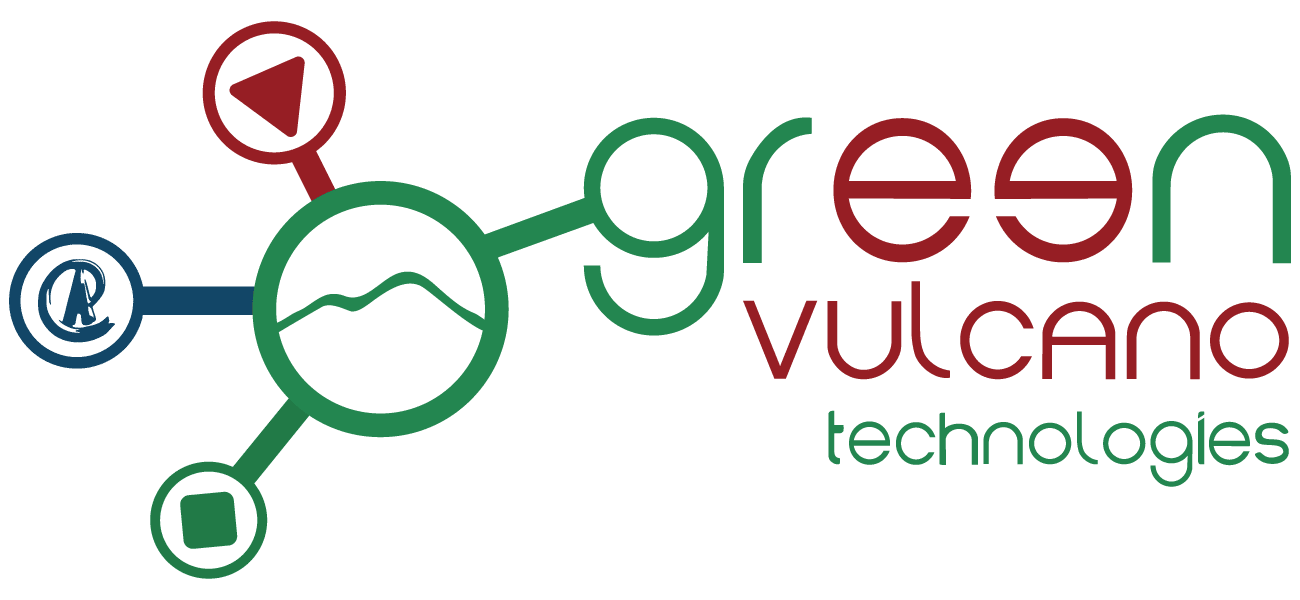Blockchain: A network to Trust
The key to the blockchain is that everything on it is monitored by everything else on it. Every transaction of money or information, gets checked against all others transactions in the network. This process allows to verify the authenticity increasing the trustiness of the entire platform.
Forrester analyst Martha Bennett in the report “Disentangle Hype From Reality: Blockchain’s Potential For IoT Solutions“ defines three categories of challenges that Internet of Things and blockchain ecosystems participants must address: Technology, Operational challenges and Legal and compliance issues.
According with the report, the result of multiple surveys indicates that, more than any other technological or architectural advancement, the IoT requires trust: trust between stakeholders and the devices interacting with them, their customers, or on their behalf.
Trust is fundamental, and systems powered by blockchains are inherently trustworthy because there is no wiggle room for corruption, fraud or even human error as everything is distributed, verifiable and open to anybody using the system.
As stated in the book Blockchain Revolution, “...soon billions of smart things in the physical world will be sensing, responding, communicating, buying their own electricity and sharing important data... This Internet of Everything needs a Ledger of Everything. Business, commerce, and the economy need a Digital Reckoning.”
Blockchain: a strategic ally for IoT
The possibilities of IoT are virtually countless, but it will be very challenging, for the current infrastructure underlying the Internet and online services, to support the huge IoT ecosystems of the future.
“ Large IoT ecosystems, machine learning, deep learning algorithms and other sophisticated solutions being deployed in every domain and industry are raising the demand for stronger cloud servers and more bandwidth to address the minute needs of enterprises and businesses.”
While these challenges cannot be met with the current models, researchers and pioneering companies around the world, are studying ways to deal with them using the blockchain technology.
Adapting the blockchain to IoT, the same mechanism used in financial Bitcoin transactions could be used on other fields, establishing an immutable record of smart devices and exchanges between them.
This will enable smart devices to autonomously communicate and verify the validity of transactions, without the need for a centralized authority.

Source: Santander InnoVentures, Oliver Wyman & Anthemis Partners
Applying the blockchain to IoT can open thrilling possibilities but up to now is yet to understand if blockchain will succeed boosting such a revolution only being the backbone of the future IoT systems.
Democratizing IoT
While the centralized model has perfectly worked in the past decades, it will become problematic used on open IoT networks in which the number of nodes is going to grow into the millions, generating billions of transactions causing making centralized model servers a bottleneck and a single point of failure
The consequence is that IoT networks are becoming vulnerable to Denial of Service (DoS/DDoS) attacks, making servers an easily target for intruders (i.e. broughting them down by being flooded with traffic from compromised devices);
Blockchain capabilities will allow the secure implementation of IoT networks of sensors over areas with scarce connectivity gear, for example enabling the creation of secure mesh networks: every node can be registered on the blockchain and devices be able to identify and authenticate each other, without the need for central brokers or certification authorities.
IoT future
As we move forward, IoT will transition toward becoming a network of autonomous devices that can interact with each other and with their environment.
A distributed network of computers managed by blockchain and smart contracts can create a shared economy where anyone with a computer can borrow idle computing power and make a side income.
The peer-to-peer nature of the blockchain and distributed ledgers will also help move computation closer to where the data is being generated, and avoid bottleneck round-trips to cloud servers.
Blockchain can enable devices to make smart decisions without human intervention (using the innovative formula of smart contracts, and through them negotiating for the best deal for the owner). in this context blockchain can shine and form the basis that will support a shared economy based on machine-to-machine (M2M) communications.
There are already many companies using blockchain technologies into their business:
Four of the most interesting areas where Blockchain technology could be useful for the IoT’s are supply-chain management, devices selling capacity (or other services) to other devices, devices selling services to humans in the shared economy, and devices sharing data with each other or with third parties.
- Filament: is a startup that provides IoT hardware and software; his wireless sensors, called Taps, can create low-power autonomous mesh networks that enable enterprise companies to manage physical mining operations or water flows over agricultural fields without relying on centralized cloud alternatives
- Brooklyn's Transactive Grid project, powered by LO3 Energy and Siemens, distributes solar power between neighbors. It makes sense for houses with solar panels on the sunny side of the street to be able to sell their excess energy to their less sunny neighbors.
- Telstra has unveiled the Telstra Smart Home hub alongside 10 smart devices for the home.The product effectively works as a hub to control Internet of Things (IoT) devices in the home, controlled through an app across smartphones and tablets.
- Onename are creating the infrastructure for blockchain based identities that can be used for humans and machines. This means the blockchain can act like a phone book that lets machines find each other.
- In GreenVulcano we are working to increase blockchain’s limit transactions, joining the potential of blockchain to the traditional capabilities of ESB in the industry and health care fields.
Conclusion
Blockchain presents many promises for the future of IoT but many challenges are still to be tackled, such as consensus models and the computational costs of verifying transactions.
We are still in the early stages of blockchain development, and these hurdles will eventually be overcome, opening the path for many exciting possibilities.
Contact us for more information, feedback and to start implementing blockchain in your company!


